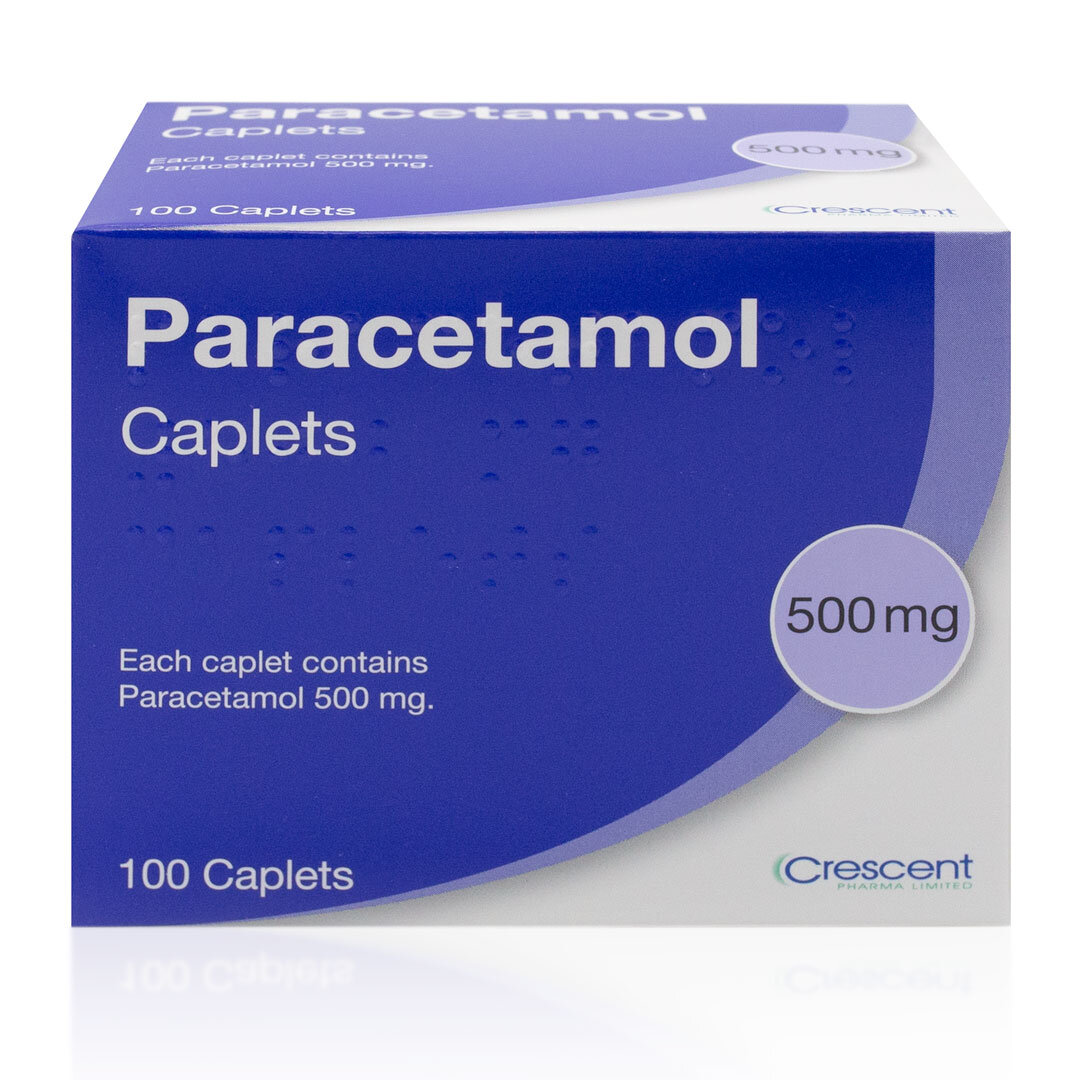By Oluwatise Osinaike
Paracetamol, Acetaminophen, or Panadol are in the class of drugs called Analgesics and Antipyretic drugs. Algesia simply means pain or being sensitive to pain. Analgesics on the other hand are drugs used to treat pain. Pyresis means fever, antipyretic is to treat fever. Paracetamol is the most commonly used drug for fever and body pains, due to its little or no side effects. Other drugs can also be used to treat pain and fever. But I would like to talk about about Paracetamol in this piece.
How does Paracetamol work in the body?
I don’t want to bore you with all of the medical terms. However, there is what we call prostaglandin which is produced by the cyclo-oxygenase pathway in the body. This prostaglandin is what is responsible for producing pain in the body. So what Paracetamol does is that it inhibits the cyclo-oxygenase pathway from the production of prostaglandins in the CNS (central nervous system) and so we have less or no pain.
When should I take Paracetamol and how?
There’s no specific time as to when to take or use Paracetamol. You use Paracetamol when you feel pain. Or in the alternative you take a shower and rest. Many have abused the use of Paracetamol because they use it with or without pain.
The thing is once you use a particular drug for a long period, your body gains mastery of it and reduces the effect of such a drug. In Pharmacology, we call it receptor desensitization, the receptors have been so much activated that it begins to lose their sensitivity towards that drug.
In such a case, a higher dose would be required or a change of drug would be prescribed.
My counsel is to use Paracetamol only when you feel pain. But it should not be a must. Sometimes it may just be a little rest that you need. I also know that Paracetamol works better and absorbs faster on an empty stomach. The general principle that you eat before you use drugs, doesn’t work for all the drugs, as some drugs have drug-food interaction.
The implication of this is, that there are some food that we eat that potentiates (increase the power) the effect of a drug probably because of some active ingredients in that food. Some food could also increase the side effects of drugs once taken with them.
Who should not use Paracetamol?
Paracetamol gets metabolized majorly and largely in the liver. Anybody who has liver issues (hepatotoxicity) should avoid the use of Paracetamol. Although Paracetamol is not contraindicated in pregnant women, it is advisable to manage the doses given especially to pregnant and breastfeeding women to avoid any formidable risks.
After using Paracetamol what next?
One thing I suggest we watch out for after using any drug not just Paracetamol, is to check for the side effects that are peculiar to you. Of course, all drugs have their side effects. But you should know what happens to you once you use a particular drug. Many people react to drugs differently, this is because our genomic makeup is different. That is why it’s not good to generalize prescriptions as each person is different.
It could be the same disease, the same location, and the area of the body affected, but what would work for Mr. A might not work for Mr. B. So look out for any side effects you exhibit after using a particular drug. This would allow for either the continuous or the discontinuous use of such drugs.
What if my pain and fever don’t go?
Well, this is nobody’s fault, neither is it the fault of Paracetamol. It could probably be that Paracetamol is not the best drug of choice at that point and so the need for a more potent drug like ibuprofen may come in. The thing is to obtain a maximum result, you need a very efficacious drug. However, it is always good to seek medical counsel before taking any drug. As they say, if symptoms persist for more than three days, see your doctor. It is a risk to take drugs without medical guidance.
Oluwatise Osinaike studied Pharmacology at Olabisi Onabanjo University

